Question And Answer
Publications
Articles, publications, books, tools and multimedia features from the U.S. Institute of Peace provide the latest news, analysis, research findings, practitioner guides and reports, all related to the conflict zones and issues that are at the center of the Institute’s work to prevent and reduce violent conflict.
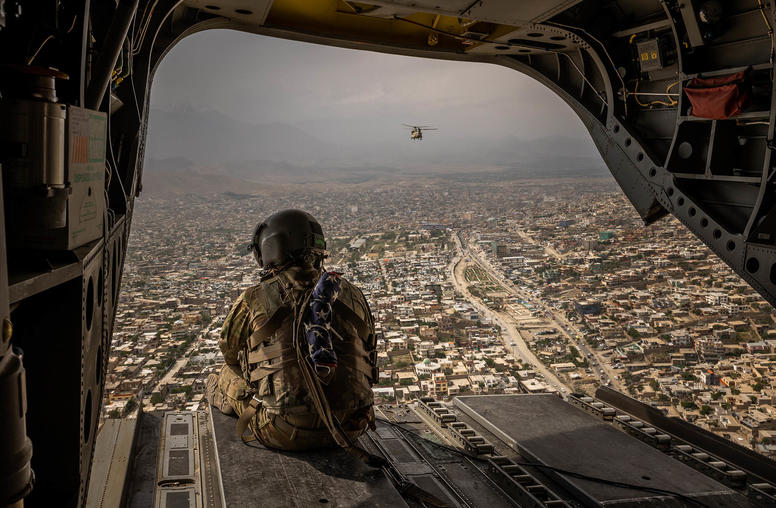
Learning from Failed Peace Efforts in Afghanistan
Over the course of 20 years, the United States made strategic mistakes in its war with the Taliban that helped fuel the insurgency and likely precluded an earlier end to the war. The U.S. government became fixated on a purely military solution, to the neglect of a political solution. This overwhelming focus on dealing the Taliban a decisive defeat was reinforced by the perceived political risks of negotiating a peace agreement with an organization that was seen solely through the lens of the war on terror. The United States should learn from its experience in Afghanistan and the opportunities it missed to reach a better and faster outcome to the war.
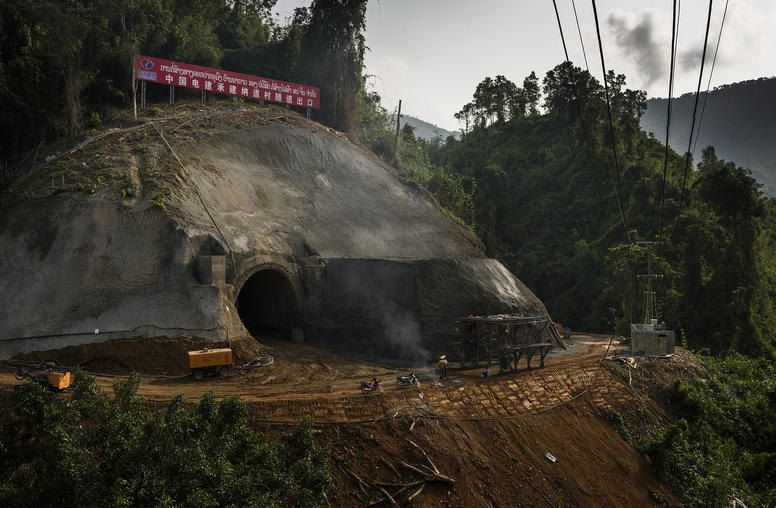
How Laos and Other ASEAN Countries Can Leverage U.S.-China Competition
Recent years have witnessed intensifying U.S.-China competition and tensions in both the political and economic spheres, particularly in areas related to technology, global supply chains, infrastructure connectivity, trade and finance. Southeast Asia has become the center of this strategic rivalry. In the region, the Association of Southeast Asia Nations (ASEAN) has positioned itself as the “central” actor in shaping the regional order and positively engaging with external powers. However, ASEAN’s centrality is increasingly challenged by these two major powers, who have deep and complex ties with Southeast Asia. While this competition poses challenges for ASEAN, there are also opportunities for countries like Laos and others in Southeast Asia to leverage in this tense geopolitical moment.
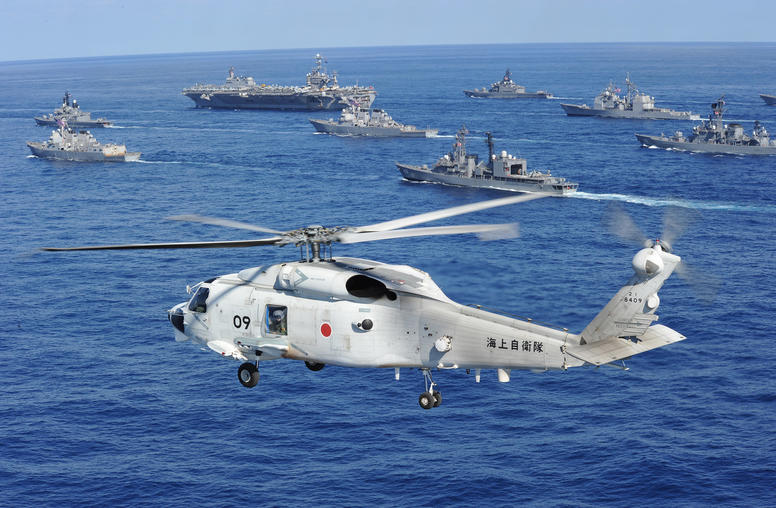
Japan-China Crisis Communications Are Improving but Face Challenges
The urgent need for improved crisis communications mechanisms between China and Japan has been driven home by a number of incidents between the two countries. For example, in January 2013 a Chinese navy vessel directed a fire-control radar at a Japan Maritime Self-Defense Force destroyer. A little over a year later, in May and June 2014, two Chinese military fighter aircraft flew unusually close to Japanese military aircraft. These incidents could have led to a much wider conflagration, particularly in the absence of a crisis communications mechanism.

Coordinates for Transformative Reconciliation
Reconciliation is the long-term process that helps conflict parties build trust, learn to live together cooperatively, and create a stable peace. But what makes reconciliation genuinely transformative? This report draws on a qualitative analysis of 20 prominent reconciliation processes and interviews with experts who guided them to identify the qualities that made the processes successful. The report‘s insights and recommendations can help governments, multilateral organizations, and nongovernmental actors develop more responsive and responsible reconciliation initiatives.
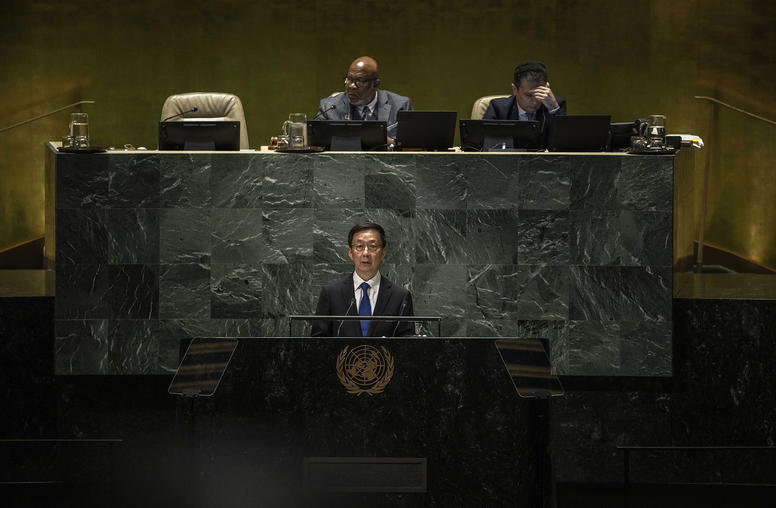
As China Looks to Reform Global Governance, How Does It Approach the U.N.?
As China has increasingly positioned itself as a global leader and foremost champion of the Global South, Xi Jinping and other top Communist Party officials have been vociferous in their critiques of the U.S.-led international order. Through a bevy of initiatives and proposals — like Xi’s Global Security Initiative — offered in recent years, Beijing has made clear that it wants to see a wholesale reform of global governance. At the June 2022 BRICS summit, for example, Xi called for a “new type of international relations” that rejects hegemony and zero-sum thinking. What this ultimately amounts to is Beijing’s effort to undermine U.S. global leadership as the U.S.-China rivalry intensifies.
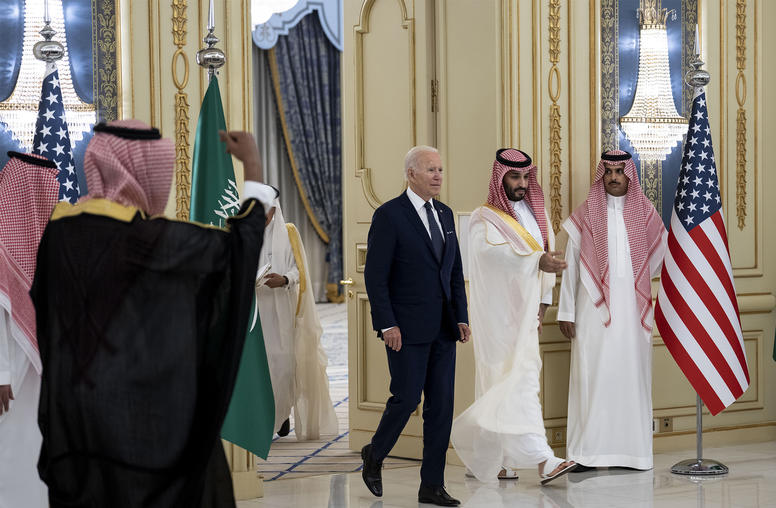
Is a Saudi-Israel Normalization Agreement on the Horizon?
In recent months, a drumbeat has built around the U.S. effort to negotiate a normalization agreement between Israel and Saudi Arabia. The deal would be a tectonic shift in Middle East geopolitics, but also carries major implications for other actors beyond the three negotiating parties. Israel would, of course, benefit from normalized relations with the Saudis — long seen as the “holy grail” of potential normalization agreements for the country. The Saudis, in turn, would see their interests advanced through strengthened U.S partnership in key areas. But this deal could also have serious implications for the future of the Palestinian national movement and, further afield, for the role of China in the Middle East.
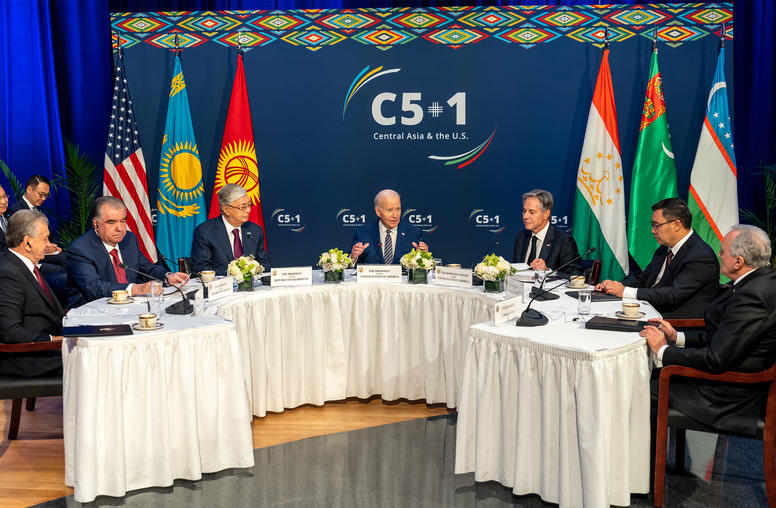
New Central Asian Leaders Look to Balance Relations with Major Powers
For the first time ever, all five presidents of the Central Asian republics (Kazakhstan, Kyrgyzstan, Tajikistan, Turkmenistan and Uzbekistan) met in-person with a U.S. president as part of “C5+1” summit on the sidelines of last week’s U.N. General Assembly.
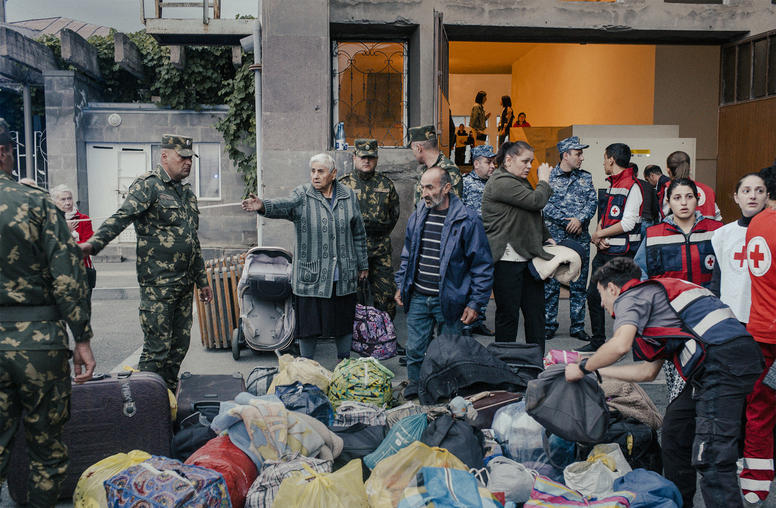
The Nagorno-Karabakh Imperative: Protect Civilians, Revive Diplomacy
The long conflict over Nagorno-Karabakh this month recaptures global attention the only way it ever has: through new bloodshed. Azerbaijan’s swift seizure of the ethnic Armenian enclave has ignited a humanitarian crisis. Most of the territory’s 120,000 residents are fleeing to Armenia, raising the specter of ethnic cleansing. The international community must urgently secure safety for civilians, long the primary victims of this war.
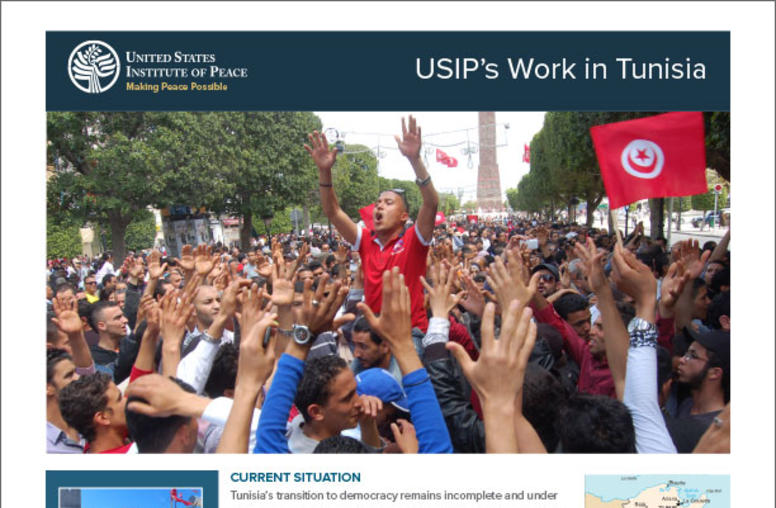
The Current Situation in Tunisia
Tunisia’s transition to democracy remains incomplete and under stress. Since the presidential measures to suspend the parliament, dismiss the government and draft a new constitution were enacted in 2021, socioeconomic conditions have continued to deteriorate, and risks of unrest have increased. Meanwhile, the ambitions of the 2011 revolution for rule of law, accountability, economic prosperity and human dignity are far from being realized. USIP works with Tunisians to improve national and local governance and security, rebuild trust and strengthen civil society.
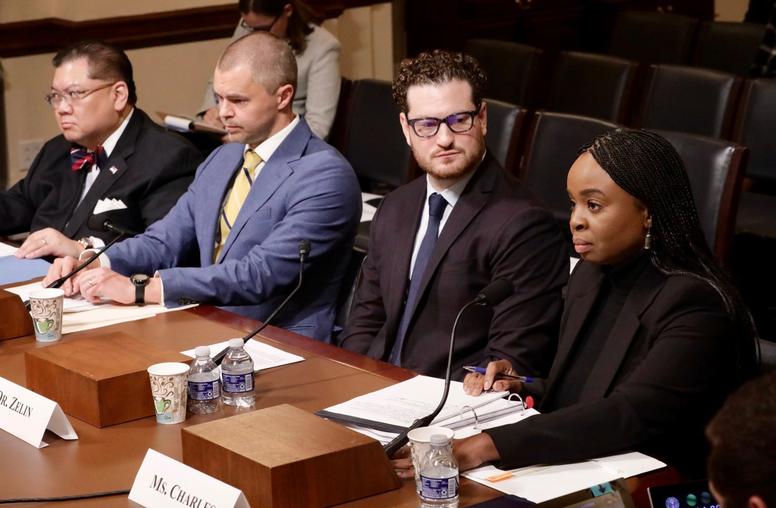
The Future of Homeland Security: Addressing the Rise of Terrorism in Africa
Donna Charles, director of West Africa and Sahel in the Africa Center at the U.S. Institute of Peace, testified on September 27, 2023, before the U.S. House Committee on Homeland Security Subcommittee on Counterterrorism, Law Enforcement and Intelligence's hearing on "The Future of Homeland Security: Addressing the Rise of Terrorism in Africa."